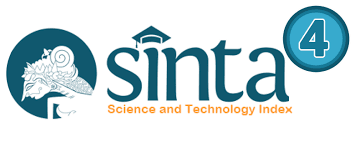ANALISIS DAMPAK KEBIJAKAN FULL DAY SCHOOL TERHADAP KESEJAHTERAAN GURU: PENDEKATAN BERPIKIR SISTEM DENGAN CASUAL LOOP DIAGRAMS DAN LEVERAGE POINTS
DOI:
https://doi.org/10.34125/jmp.v10i2.652Keywords:
Kebijakan Pendidikan, Kesejahteraan Guru, Pemodelan CLD, Sekolah Sehari Penuh, Sistem DinamisAbstract
The Full Day School (FDS) policy implemented in various regions in Indonesia has various impacts on teacher welfare, both in terms of psychological, social, and professional aspects. This study aims to systematically analyze how FDS affects teacher welfare using the Causal Loop Diagrams (CLD) approach and identify leverage points that can be policy intervention points. The method used is a systematic review of 35 studies published between 2020 and 2025 and sourced from the Scopus, ERIC, and SINTA databases. Data were analyzed qualitatively using NVivo 12 software to identify key themes, which were then used as the basis for system modeling using Stella Architect. The results of the CLD analysis show a complex causal relationship between workload, intrinsic motivation, institutional support, and teacher work-life balance. Identification of leverage points reveals that time management training policies, increased psychosocial support, and flexible working hours are the most potential interventions to improve teacher welfare in the context of FDS. These findings provide important contributions for policy designers in formulating more sustainable education policies that focus on the welfare of educators.
Downloads
Published
How to Cite
Issue
Section
License
Copyright (c) 2025 Jurnal Manajemen Pendidikan

This work is licensed under a Creative Commons Attribution-ShareAlike 4.0 International License.














